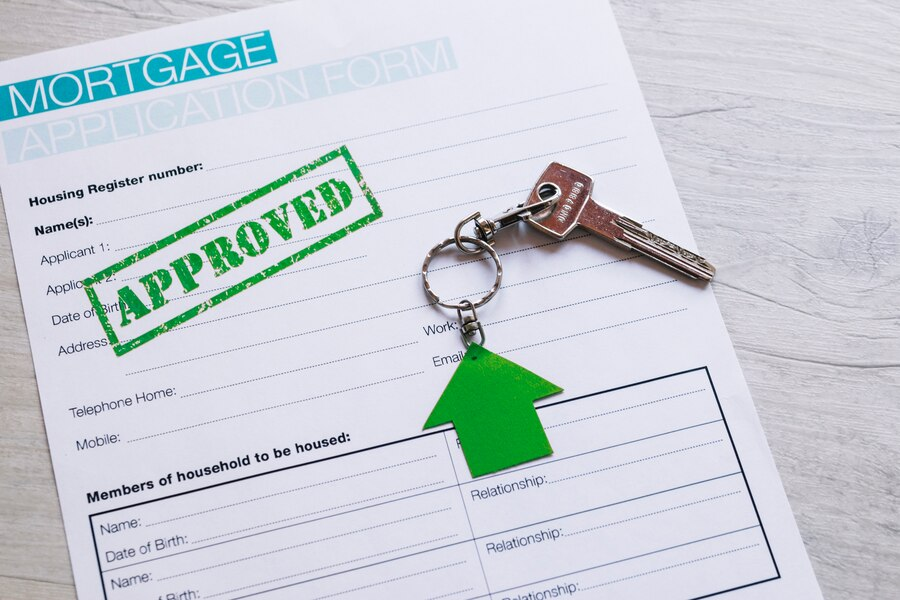Can a landlord in Suffolk County kick you out before your lease is up?

The lease agreement is intended to provide a mutual understanding of rights and obligations between the tenant and the landlord when renting a property. But what happens when a landlord seeks to terminate your lease before its official end date? The rules surrounding eviction and lease termination are complex and require careful navigation in Suffolk County, New York. This blog will look at under what circumstances a landlord can evict a tenant prior to the lease’s expiration and how a professional attorney like Shawn R. Kassman can assist in such situations.
Understanding Lease Agreements and Tenant Rights
A lease agreement is a legally binding contract between a landlord and a tenant. It stipulates the length of time that a lease will endure and what the rent will be, and it carries other necessities. In Suffolk County, as throughout New York State, the general leaning is toward tenants’ protection via such agreements. Here’s a breakdown of how leases work:
- Fixed-Term Leases: These leases have starting and ending dates. A one-year lease that starts on January 1st and ends on December 31st is an example.
- Month-to-Month Leases: This type of agreement renews each month and may be terminated with adequate notice from either party.
Generally, a landlord shall only remove a tenant after the lease term expires if certain conditions are satisfied. Those conditions include but are not limited to:
- Non-payment of Rent: If a tenant does not pay rent, the landlord is, by law, creating a basis for eviction. However, eviction would require the landlord to continue with the due process of the law, including notices and a court order, which gives the green light.
- Lease Agreement Violations: If the tenant violates terms in the lease agreement, such as causing substantial damage to the property or engaging in illegal activities, the landlord may have cause for eviction. Again, proper notice by the landlord and appropriate legal procedures must be in order.
- Illegal Activities: Regarding an unlawful activity that a tenant may conduct on the premises, landlords can be in a position to terminate early regarding illegal activities such as drug-related offences. The landlord must also follow the rule of law by serving the tenant with a written notice.
- Health and Safety Violations: When the property is not improved to meet health and safety standards and such violations were caused by the tenant, the landlord may pursue early termination of the lease. The tenant shall be served with a notice and given the opportunity to cure the violation.
Holdover evictions occur when a tenant remains in a rental property after their lease has expired. For more info, read this- Suffolk County Holdover Eviction

Legal Process for Early Eviction in Suffolk County
Eviction is a legal process that requires adherence to specific procedures. Suffolk County landlords must also follow due process in executing evictions and termination of tenancy, which includes the following steps:
- Notice of Termination: This is a written notice from the landlord to the tenant. The notice type is based on the basis of the eviction, including the lease terms. Examples include a fourteen-day notice for non-payment of rent and a different notice period for lease violations as well as notice to cure and notice of termination of lease if the violations are not cured by the tenant.
- Filing of Petition: If the tenant fails or neglects to leave the premises after receiving the notice, a petition must be filed with the landlord in the local court to start the eviction process.
- Court Hearing: A hearing at the court is scheduled, and it is the time when arguments from both parties—the landlord and the tenant—can be heard. Based on the evidence presented, the court will decide whether or not the eviction is justified.
- Judgment and Enforcement: The court’s decision, if in favor of the landlord, is a judgment against the tenant, ordering the tenant to vacate the premises. If necessary, the landlord can request the assistance of law enforcement to enforce the eviction.
How Shawn R. Kassman Can Help
The eviction process on the part of a landlord and that of a tenant is really a stressful situation. Again, an attorney like Shawn R. Kassman will help in several ways:
- Legal Consultation and Advice: Shawn R. Kassman can provide experienced legal advice on the rights and responsibilities of all parties to a lease. Whether you are a landlord trying to remove a tenant from your property or a tenant being subjected to eviction, understanding your legal position may be essential.
- Lease Agreement Review: The client will ask the attorney to review the lease agreements of a tenant to detect any problems or violations that may impact any further move to eviction. Attorney Kassman will check if the lease terms are legally valid and that the notices given by any parties are valid as required under the law.
- Navigating the Legal Process: Eviction has many steps and forms that need to be filled out. Shawn R. Kassman assists his clients through the preparation and filing of notices and representation in courts. His expertise warrants performing all types of legal procedures correctly to avoid delays or other complicating factors.
- Preventing Unfair Evictions: If you are a tenant facing an unfair or unlawful eviction, Shawn R. Kassman can make a formidable defence. He can challenge the eviction in court, argue against unfair practices, and help negotiate settlements or alternative arrangements.
- Landlord Representation: Attorney Kassman will help ensure landlords’ eviction processes are legal and timely. This would involve drafting necessary documents, representing landlords in courts, and following all legal formalities.

The landlords and tenants in Suffolk County should clearly understand the intricacies of the lease agreement and the eviction process. The landlords might have a valid reason for the early termination of tenancy, but this should be done legally and ethically. Similarly, there are rights for the tenants being evicted, which can be protected with the right to legal help.
Shawn R. Kassman is an expert in real estate and landlord-tenant law who can help clients with various problematic real estate issues. Whether evicting a tenant or defending against unfair eviction, Attorney Kassman’s guidance will help one’s case be processed smoothly and within the rule of law. Call Shawn Kassman, a skilled Suffolk County and Nassau County attorney with the Law Office of Shawn R. Kassman Esq., at 631-232-9479 (toll-free 888-545-2944) or fill out our online intake form.
Need Legal Assistance? Contact Us Today! 631-232-9479, Email: info@centralisliplawyer.com
Whether you’re dealing with Criminal Law, Divorce, Family Law, Estate Administration, Real Estate Law, Traffic Tickets, Real Estate & Landlord Tenant Law, Traffic Violations, DWI / DUI – Driving While Intoxicated, Driving With Suspended License issues, or need expert legal guidance throughout Suffolk County and Nassau County, the Law Office of Shawn Kassman is here to help. Visit us at: 83 Carleton Ave., Central Islip, NY.
